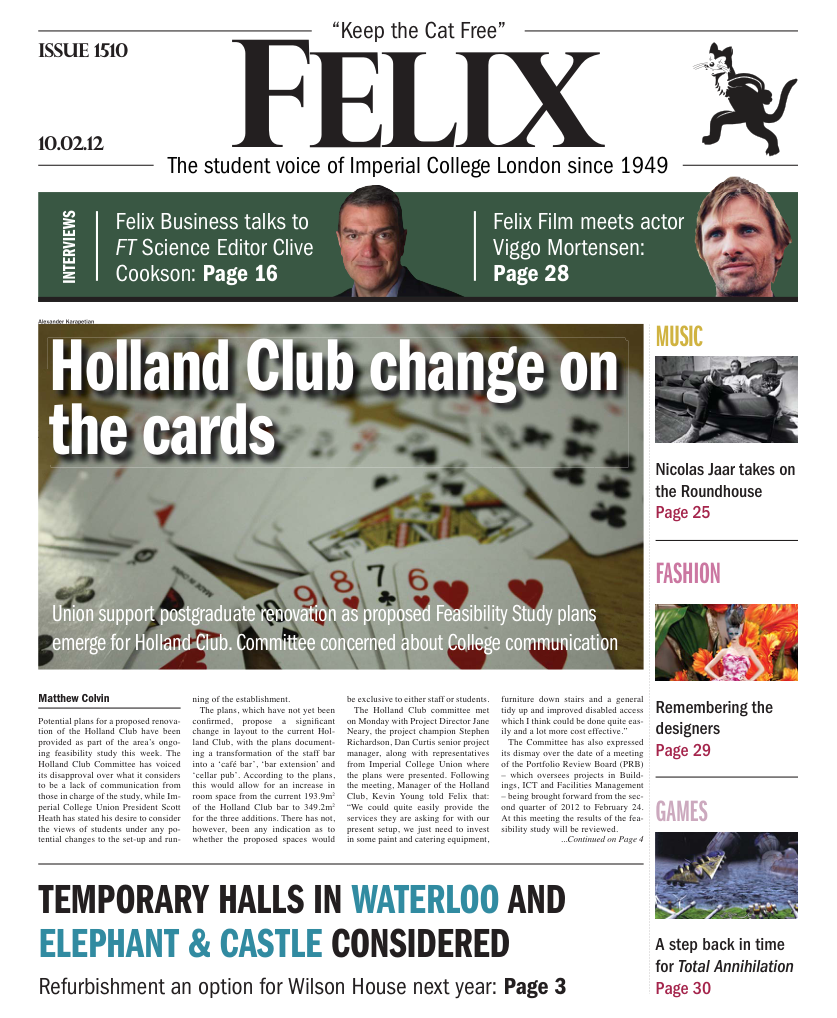Abandon all hope all ye who neglect your community
In the search for respectful business, respect the community

Back home in the Midlands, there is an extremely popular bus company known as Trent Barton. Like just about every other bus company in the world, you get on the bus, you pay some money, and they drive you to where you want to go. Some of their competitors are faster at getting to some destinations, and are sometimes cheaper too. So why do they remain much loved and admired throughout the East Midlands? The reason for this is clear: they value the community they created around their products.
If you have a product, there is a massive amount of potential to tap into the community you have. If you have users, they are there for your use. Thinking of bringing out a new brand? Ask them for their opinion. Need a new advertising campaign? Run a promotion with your customers. This increases customer satisfaction, makes them feel appreciated, and can even be good PR for the company.
Indeed, it just goes to show that a company is not just about making money, at least not in the current day and age. It’s about looking after your community and making them feel appreciated and part of the family – the success of Trent Barton is testament to this!
So why is it, then, that some companies and organizations treat their community badly, if not ignoring them? As we have seen on Felix Online, when postgraduates heard of the potential closure of the Holland Club, they were up in arms! Having been left completely out of the loop, the postgraduates, the community in this case, became angry and even felt neglected (as Thomas Phillip’s recent Comment article suggested).
Simply looking after the people whose patronage you rely upon could have prevented a lot of this from happening. A lack of communication leaves the community out of the loop and disconnected – ruining the potentially excellent relationship that an organization could have with its community.
College is not the only one guilty of this. We can look at Elsevier, for example. Controversial business practices alienated the community – causing them to revolt, as we saw with the recent boycott. By treating them in a way that they could not agree with, their community turned against the company, which did not aid them; and the bad press worsened their reputation. Again, by simply working with the community, such as by holding discussions to see if what they were doing was popular, this whole disaster could have been averted.
Motivated and happy staff provide a better level of service to the customer [...] whose patronage is actually valued by the company
And why is it that organizations such as John Lewis are often more trusted and liked than competitors such as House of Fraser (according to a YouGov study)? It’s a well-known fact that John Lewis is a partnership of which all staff has a stake in, and it’s this fair treatment that looks good in the eyes of the community, and increases perception of the brand. Motivated and happy staff provide a better level of service to the customer, who feel that they are being treated well and whose patronage is actually valued by the company.
Some would argue that a public body has a duty to look after the community, and that for a private organization this is not necessary. And it is true, public bodies should – one can consider it a responsibility of using funds provided by taxpayers (and is also why it is so sad that many establishments are seeming to become increasingly more commercially focused – run as companies and not institutions). And it is true, public bodies should: one can consider it a responsibility of using funds provided by taxpayers. This is why it is so sad that many establishments seem to become increasingly more commercially focused, run as companies and not institutions. But private companies should take heed too – just because the public doesn’t run the company doesn’t mean they don’t have a view over how they are run and how they interact.
Ruining this relationship helps nobody. The company or organization in question loses trust, and as a result, custom and reputation. It becomes less likely that people recommend friends to their services, and they can even become labelled as ‘nasty people’ or ‘bullies’ – we just have to look at the recent outrage over the bonus of RBS boss Stephen Hester for an example of the ill-feeling that can result from such a disconnect. In my eyes, it would not be unfair to call it commercial suicide.
Luckily for employees everywhere, dressing up in a giant mango costume (as Trent Barton has its staff do) is not a necessary part of nurturing the relationship a company or organization has with its community. But if trust and custom is wanted, respecting the community is a necessary part, and is one that must not be forgotten in the urge to make money and boost profits.





